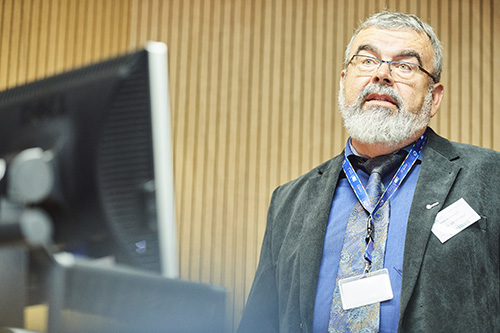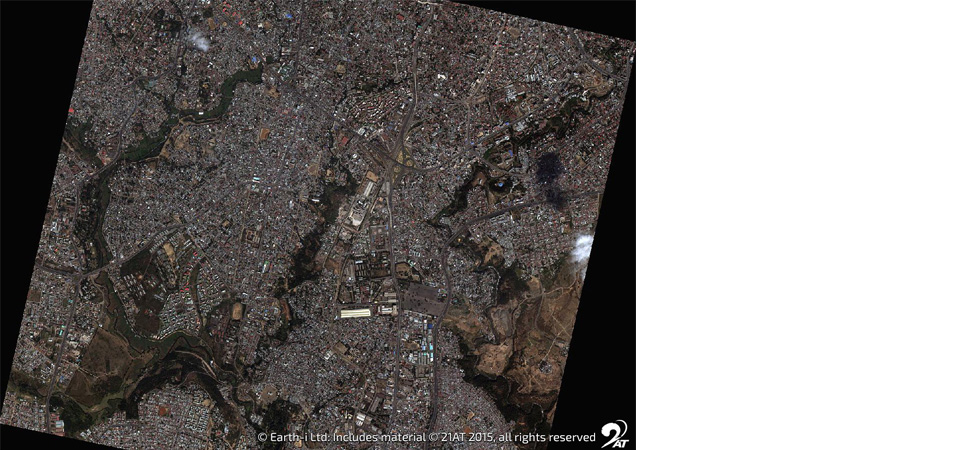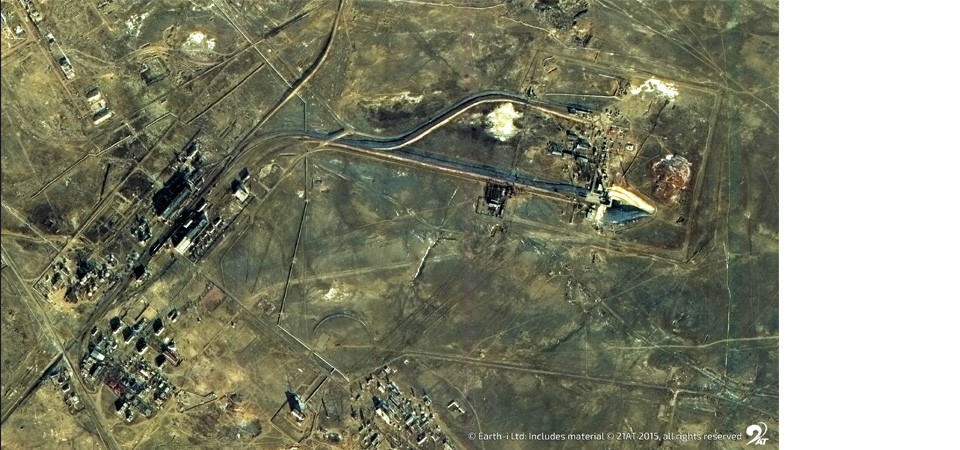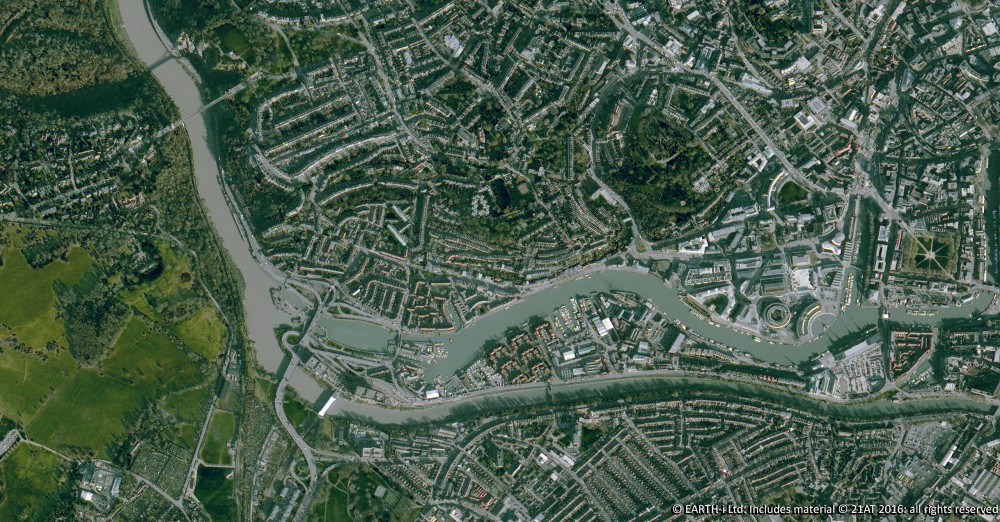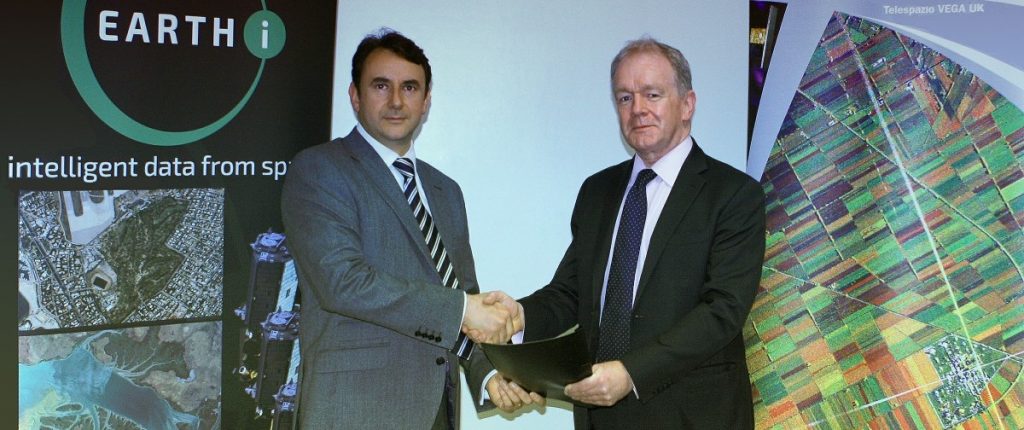As the ACCORD programme draws to a close it is inevitably a time to reflect on what we have learned about such an important industry as coffee. It is a commodity we generally take for granted – the daily cup of tasty excellence and reinvigoration that we so rely on to get through our busy day. Few of us consider the origins and efforts taken to ensure that this daily ritual is something we can always rely upon.

Coffee is more than a daily ritual!
It is the livelihood for 25 million smallholder farmers and their families. It is a global industry with a supply chain that reaches back to around 75 producer nations, in the bean belt either side of the equator. And that industry, and the livelihoods of so many people producing the magical green beans that become our daily cuppa, is under unprecedented threat. Its sustainability into the future rests on finding answers to three critical questions:
- How will the threat of climate change to the sustainable production of coffee be addressed in the decade ahead when such action must urgently be taken?
- When will the hard fact that most smallholder coffee farms are not economically viable be finally addressed by the industry that relies so heavily upon their labours and motivation?
- How will the lack of transparency and influence of smallholder coffee farmers in the industry and its supply chains, preventing them from making the changes required themselves, be changed so that they are fairly rewarded and continue to grow coffee?
Inevitably these are complex questions. And they are inter-related and difficult. But they must be addressed if coffee production is to be sustained for the long term. It will require unprecedented global action, collaboration, radical initiatives and above all, urgency.
The need for concerted global action
The acclaimed Coffee Barometer 2020 report, available for download at http://www.coffeebarometer.org makes for instructive reading on these issues. It shines a light on the sector and the need for concerted global action. It describes how the industry relies on a vast army of millions of smallholder producers at its base, and a very small number of major corporations at its apex, when coffee beans are roasted, brewed and delivered to the consumer, largely in Europe, North America and Asia.
From the report: “Coffee is produced on approximately 12.5 million coffee farms (Enveritas, 2018). The structure and size of the farms varies by production country. Almost 95% of these are smaller than 5 hectares, and 84% of all coffee farms are smaller than 2 hectares. It is estimated that smallholder farms produce up to 73% of all coffee, the remaining 27% is produced by large coffee estates.” *
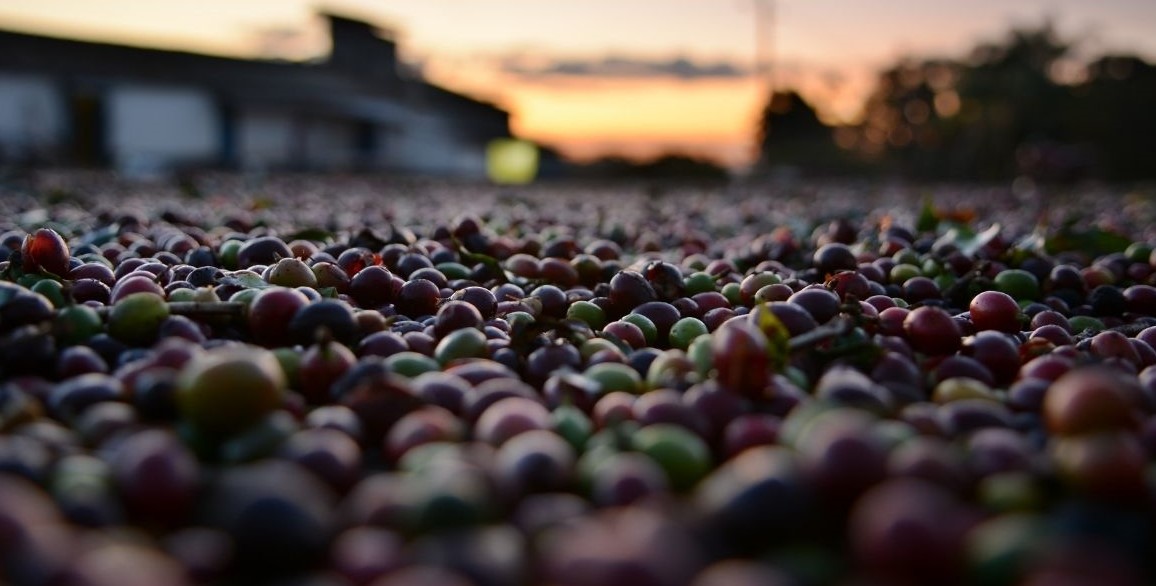
Whilst some consolidation into larger farming units is happening it is not the answer. Production will remain dependent on the army of smallholder farmers in developing and least-developed nations, those most impacted by climate change and rural poverty.
Smallholder farmers produce up to 73% of coffee globally
“Around 75% of the global coffee production is exported to international markets. This generated a total value of US$20 billion on average in the period 2015-2020 (Samper et al., 2017). Almost all coffee is exported as green unprocessed coffee beans. Roasters and retailers in importing countries capture the largest share of the value addition. It is estimated that currently the average green coffee export value accounts for less than 10% of the US$200 to US$250 billion of revenues generated in the coffee retail market (Samper et al., 2017; Sachs et al. 2019).” -*
Growing and exporting coffee generates a return of less than 10% of the revenues the crop ultimately generates. Less than 1% reaches the farmers themselves. The greatest value accrues to the traders and roasters. The predominance of these major multi-national corporations in the coffee trade is very clear, and that means they will have to be a big part of the solution to making smallholder coffee farming economically viable and sustainable.
“For the most part of 2020, coffee prices have remained up to 30% below the average price level in the past ten years (ICO, 2020b). Actually, this is the third year in a row that coffee farmers are experiencing a commodity price of coffee negatively impacting the profitability of all producers (ICO, 2019b). At these low prices coffee production is not economically viable for the majority of coffee farmers.”-*
Coffee production is not economically viable for the majority of coffee farmers
Adding the impact of climate change on top of the adverse economics of coffee farming, creates a crisis out of a structural problem. This issue merits a lengthy quote from the Coffee Barometer report.
“The growing economic inequality and deteriorating living and working conditions are aggravated by environmental problems and the impacts of climate change and the destruction of biodiversity. It is well documented that climate change is increasingly impacting the livelihoods of coffee producers. For instance, coffee pests and diseases, which are already troublesome under the current climate, are aggravated by the effects of higher temperatures (Bouroncle et al., 2017). Also, coffee producing regions are increasingly experiencing changing weather patterns.
What is less well documented and reported is that changes to land suitability for coffee production is increasingly driving deforestation and forest degradation in coffee landscapes.

The growing global demand for coffee adds to this increased threat that forested lands are being converted into crop land for coffee production (IDH, 2020). The business-as-usual scenario would require doubling or even tripling coffee production to meet demand in 2050 (WCR, CI). This could mean an additional 10–20 million hectares would be needed, if we cannot meet this growth in global demand on current coffee lands. It is estimated that the loss of 10-20 million hectares of tropical forest results in approximately 1.65 – 3.3 gigatons of additional carbon emissions. This will have a devastating impact, not only on the ecosystems and biodiversity, but also on the communities – and the industry at large – that rely on these natural resources for a resilient coffee production. This scenario directly undermines the climate commitments and emission reduction targets of traders and roasters like Olam, Nestlé and Starbucks.” -*
Crisis looming indeed!
Specific and timely action is called for if we are to address the challenges that the coffee sector is facing, and that action must be led by the powerhouses of the global coffee supply chain. The Coffee Barometer does not mince its words in calling for such action from the private sector.
“A future in which coffee production, livelihood aspirations and climate change impact are accounted for, requires radical and systemic changes in the coffee industry’s business model. The transition implies a shift of focus from costs to values. The specific sustainability choices made by the main roasters and traders, with their global market and supply chain power, deep pockets and lobbying muscle, could leverage investments in line with their economic size and shareholder values. Accountability of these companies, as drivers of the global coffee market, must extend beyond their shareholders and consumers, to include clear objectives for sustainable development in producing countries (Grabs and Ponte, 2019).”
In other words, “the production and consumption of sustainable agricultural commodities will only materialise with the direct engagement of the private sector (ICO, 2019a).”
Earth Observation can play an important part is monitoring the coffee global supply chain
The crisis foretold in this report is too important a challenge to the industry to be left to governments and NGOs to deal with. The need for action is echoed in our own Thought Paper, published alongside this blog. In it we reflect on the nature of the problem and offer a solution using the growing capabilities of the Earth Observation industry and its rapidly developing satellite and data analytics technology.
This technology offers a powerful tool that could equip the coffee industry to map, monitor and analyse smallholder coffee production anywhere on Earth on an at least weekly basis. With the application of AI and machine learning it will be possible to target solutions to the field and farmer level, putting space-based technology into the hands of farmers to deal directly with the impact o climate change, and provide the intelligence and insights coffee traders and roasters need to monitor results achieved.
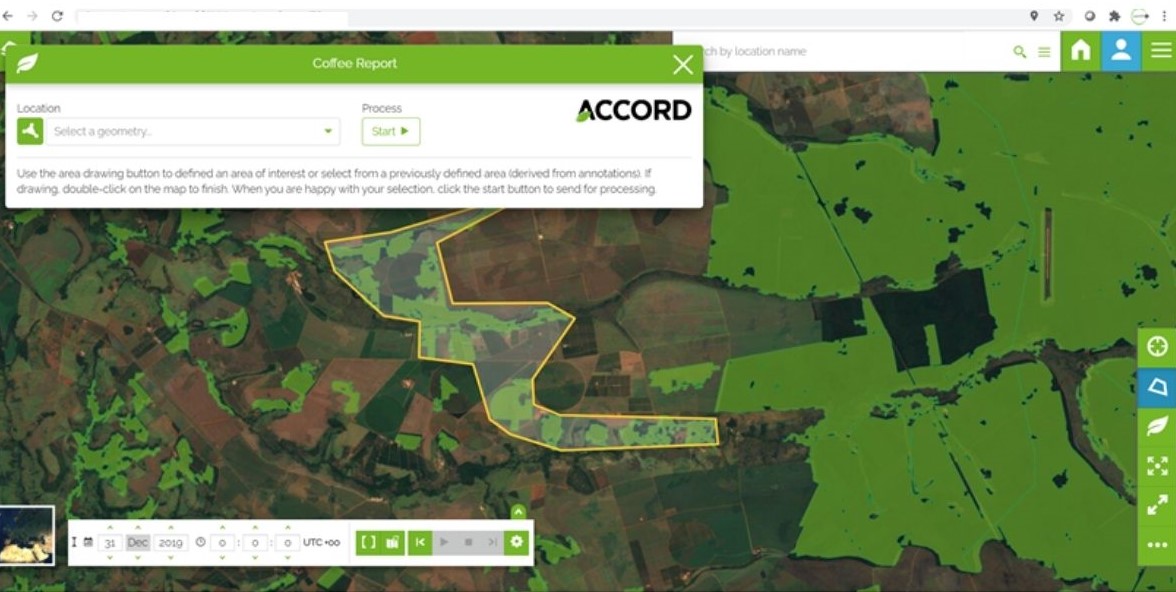
The results achieved and experience gained from the ACCORD programme provide the stepping-stones to the necessary scaling up, globalisation even, of this technology. Whilst the investments required are significant the value of a sustainable coffee sector will be worth many times that investment. There is no time to be lost.
For more information on Accord
* – Source: all quotes in this blog are from the Coffee Barometer 2020 report, available for download from www.coffeebarometer.org
About Earth-i
Earth-i is a geospatial intelligence company using machine learning, artificial intelligence and Earth Observation data to provide unique and relevant insights, derived from diverse geospatial data, that deliver clear decision advantage for businesses, governments and other organisations.
Earth-i provides advanced analytics using automated interpretation of a range of geospatial Earth Observation data sources including colour imagery, colour video, infra-red and radar from a range of sources including satellite, drone, aerial and ground-based sensors. This data is fused with additional data sources to extract factual understanding and generate predictive insights across a range of markets such as commodities, supply chain, agriculture, infrastructure and defence.
For more information visit:
- Website: www.earthi.space
- LinkedIn: Earth-i
- Twitter: @Earthi_
To find out more please visit www.earthi.co.uk.
For more information about this press release, please contact: info@earthi.co.uk
International Partnership Programme
The International Partnership Programme (IPP) is a five-year, £30 million-per-year initiative run by the UK Space Agency. It focuses on using the UK space sector’s research and innovation strengths to deliver sustainable economic or societal benefit to developing economies around the world. IPP is part of, and is funded from, the Department for Business, Energy and Industrial Strategy’s Global Challenges Research Fund (GCRF). GCRF is a £1.5 billion fund announced by the UK Government which supports cutting-edge research and innovation on global issues affecting developing countries.


